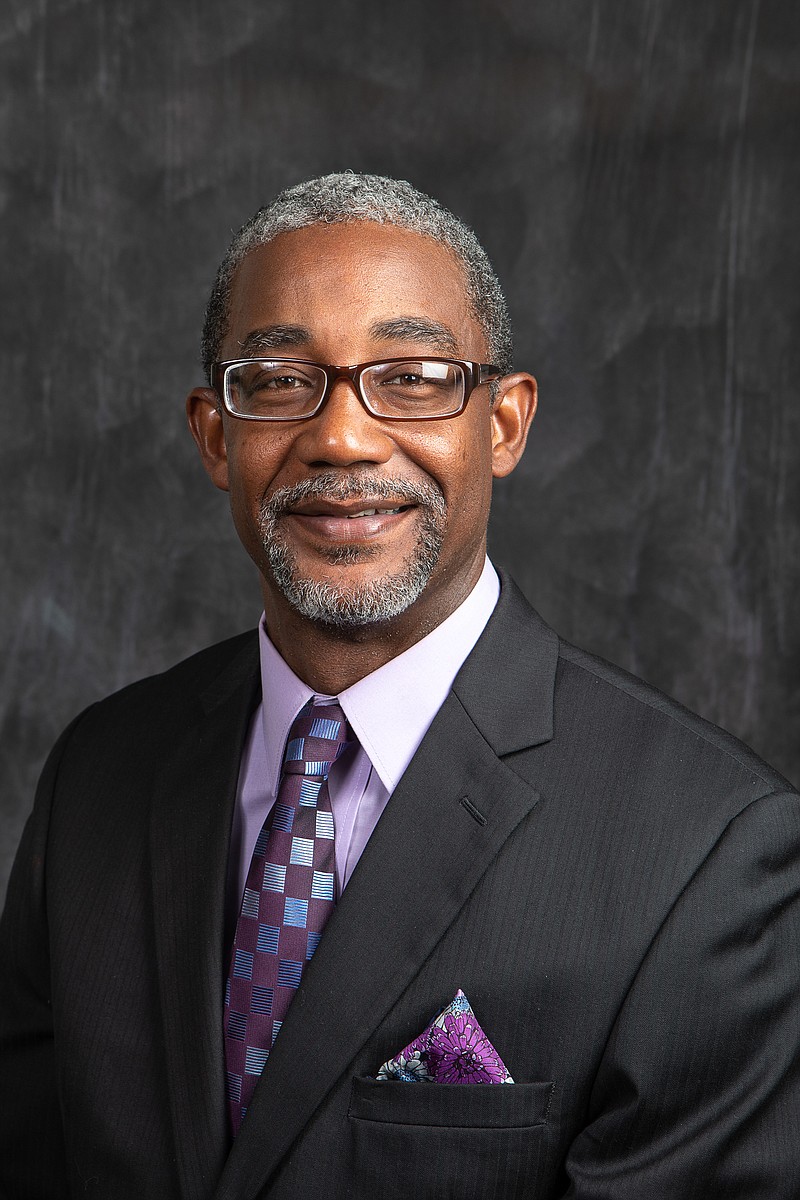Christopher Kennedy, of Jackson, will be relocating to Jefferson City in the months ahead as he continues to settle into his role as assistant to the director of the Missouri Department of Conservation on inclusion and diversity, a new position announced last month.
Kennedy, who is married with two daughters, doesn't know what to expect as he makes the move over the next four to six months, but he knows he likes a small town feel and hopes people are as friendly as they've been in Jackson, where he's been for 25 years.
Born in North St. Louis, his grandfather had a farm that he often visited, and it's where he learned how to shoot and hunt. His grandmother that lived in the city with him took him out on his first fishing trips, and his dad and grandfather ran boat races.
"I haven't changed too much, I guess - still love the water," Kennedy said of how he grew up.
That's reflected in his career, from when he started an internship with the U.S. Fish and Wildlife Services in Arkansas two days after graduating high school and balanced that with college to when he got his first job with MDC in June 1996 as a fisheries management assistant.
He advanced through the fisheries staff, becoming a biologist and then a supervisor of other biologists, the latter of which he did for 14 years.
MDC described some of his work as leading "research and restoration of aquatic species such as alligator gar while advancing opportunities for Missouri's diverse youth to work with resource professionals to manage public resources."
Kennedy talked about having aligned internship opportunities with the concept of the Great Depression-era Civilian Conservation Corps to hire high school students and create a small workforce of youth.
As a young biologist himself, in charge of researching fish species and coming up with ways to improve management of those species, he realized that given limited funding, he couldn't fulfill a lot of his ideas on his own.
"It's going to take our entire diverse citizenry to achieve our conservation goals," he said.
That includes recruiting more ethnically, racially, and gender-diverse foresters and fisheries biologists, for example, as well as having public outreach that connects with diverse groups of people across the state. However, Kennedy said efforts have to be more than that.
He said change starts with the department's internal culture - evaluating where it is and how it could be improved, and how inclusion and diversity initiatives can be included in all aspects of the department's work. It's about "creating that momentum, getting all of our administration to speak out of the same hymn book," "creating empathy with one another, internally," and letting young people being able to come into the department, have a seat at the table and having their voices and opinions be heard and matter.
Kennedy is also part of a Missouri Leadership Academy group that looked this year at how the state's 16 executive departments can each build inclusion and diversity and said they continue to advise the 16 agency directors on those efforts.
He also said inclusion and diversity positions like his with MDC are beginning to be created in other state's conservation departments as well, including Arizona, Texas and Virginia.

